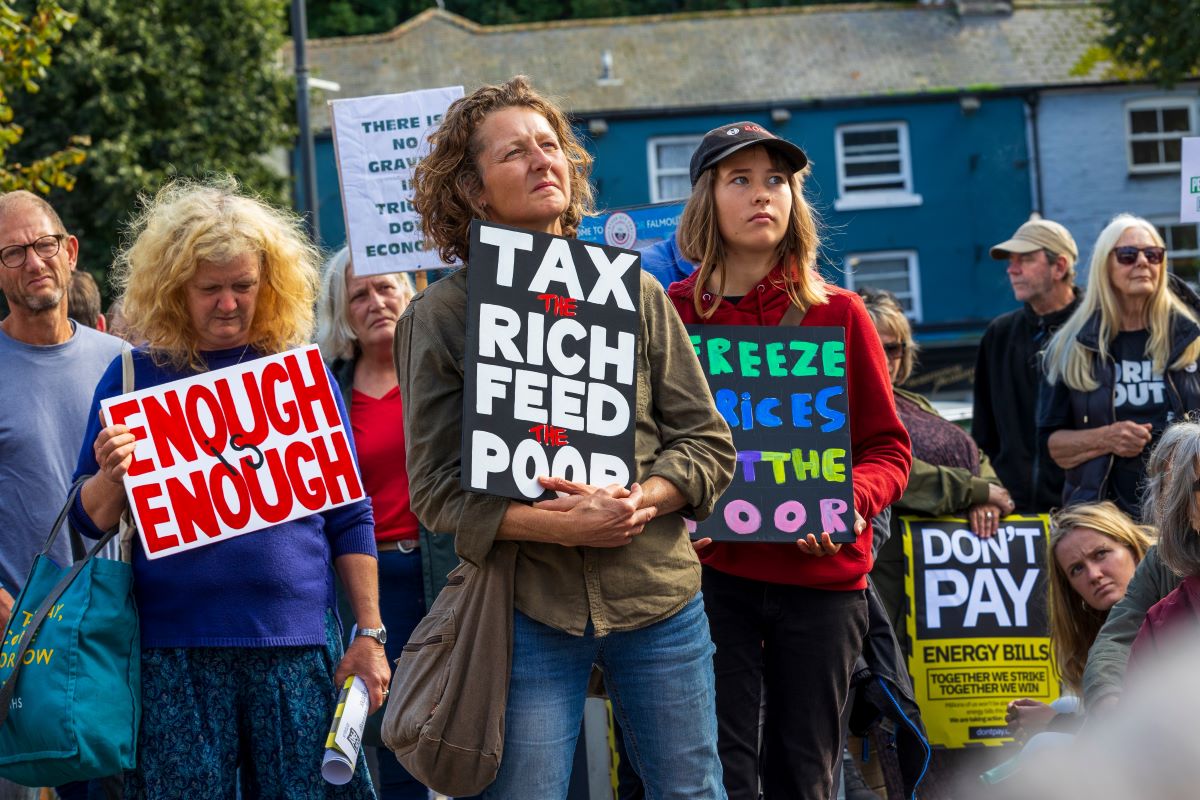As the UK braces for its first Labour Budget in 14 years, a new poll reveals growing public support for taxing the rich and bolstering public services. Here’s the full story.
Public Opinion Shifts

As the UK prepares for its first Labour Budget in over a decade, public opinion appears to be shifting in favour of increasing taxes on the country’s richest. A recent YouGov poll showed a majority in favour of the policy.
Stark Poll Numbers
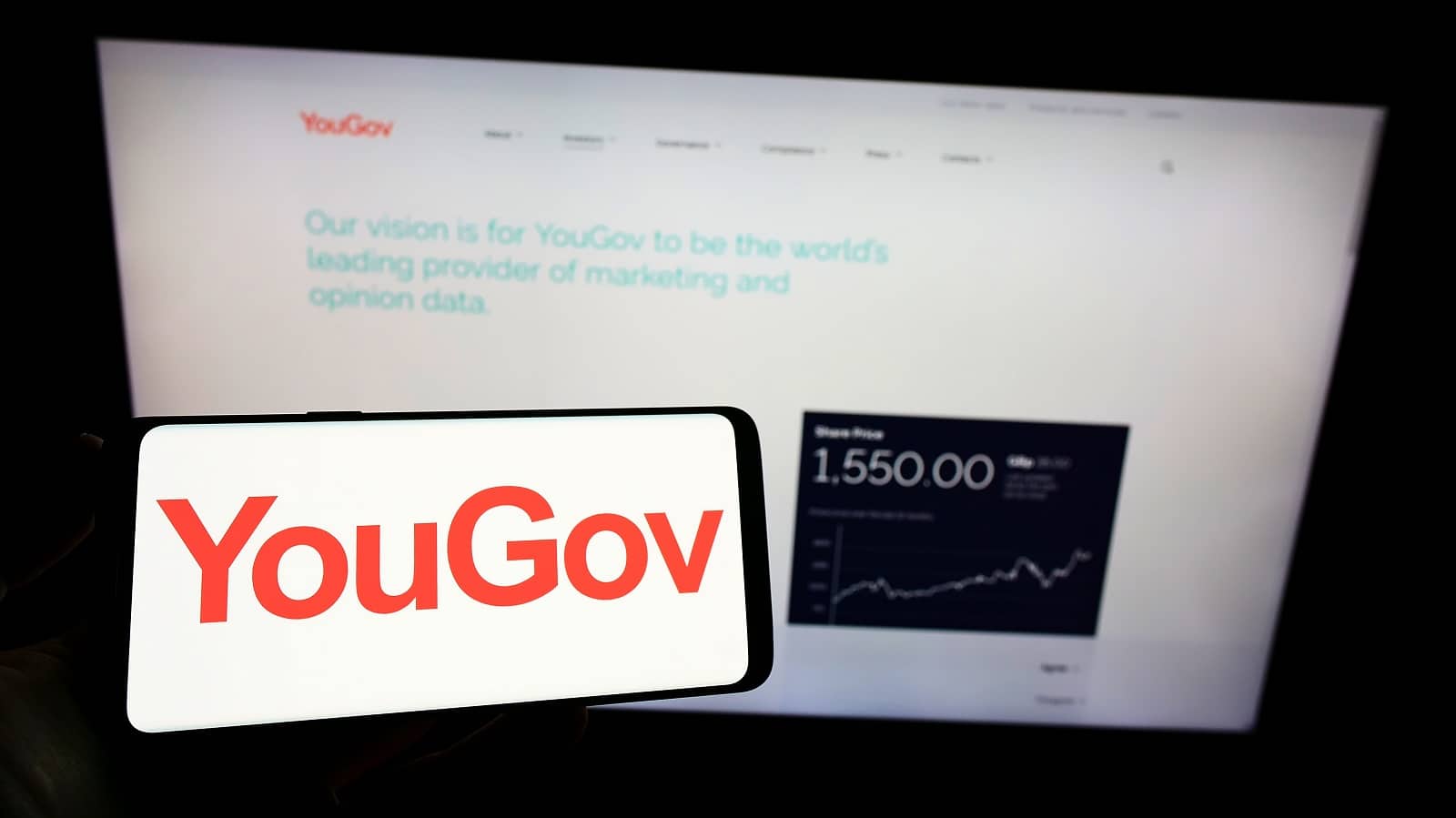
The numbers from the YouGov poll are stark: 58% of voters support raising the top income tax rate for those earning over £150,000 annually.
Critical Timing for Budget
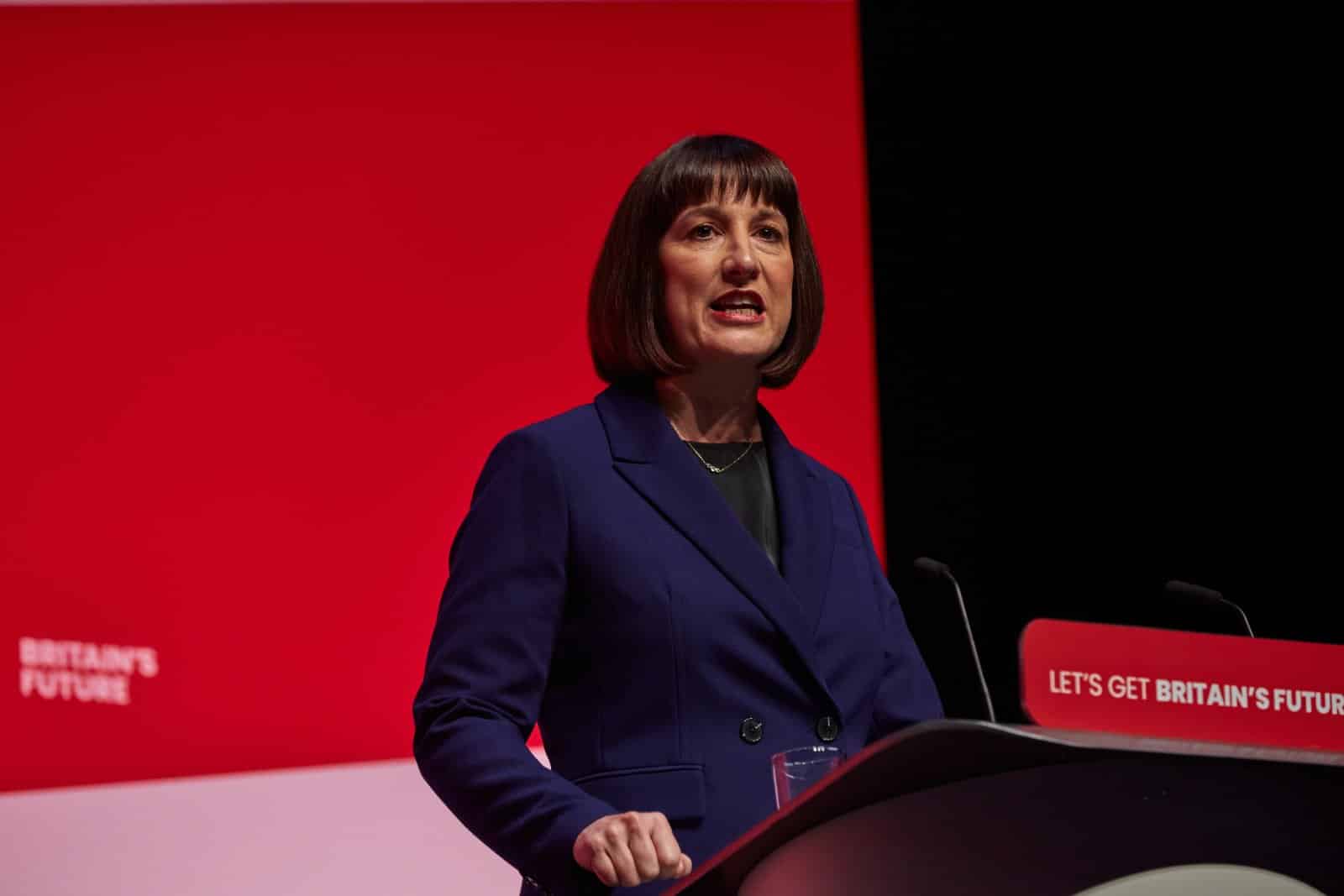
This survey has come at a critical time, as Chancellor Rachel Reeves faces growing pressure to address the nation’s financial challenges in the upcoming October Budget.
Rich Not Paying Fair Share
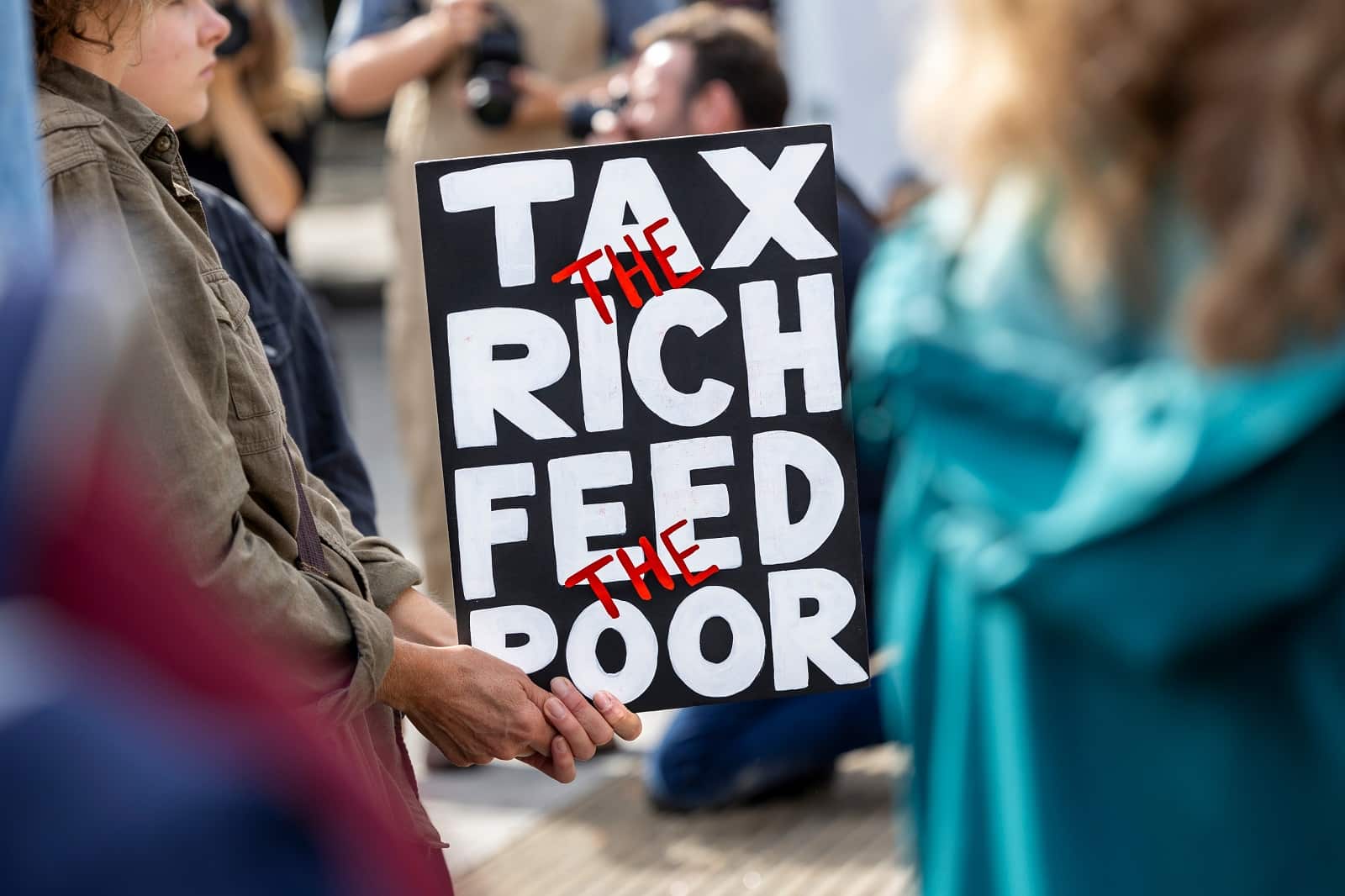
This widespread support for tax hikes on the rich highlights a growing sentiment among the British public that the rich are not paying their fair share in taxes. A separate YouGov poll from June showed that 66% of respondents believe this to be the case.
Support for Corporation Tax Hike

Interestingly, the poll also found that 56% of respondents would back an increase in corporation tax, indicating a strong preference in the country for those with the broadest shoulders financially to bear the greatest load.
Labour Government Welcomes Polling
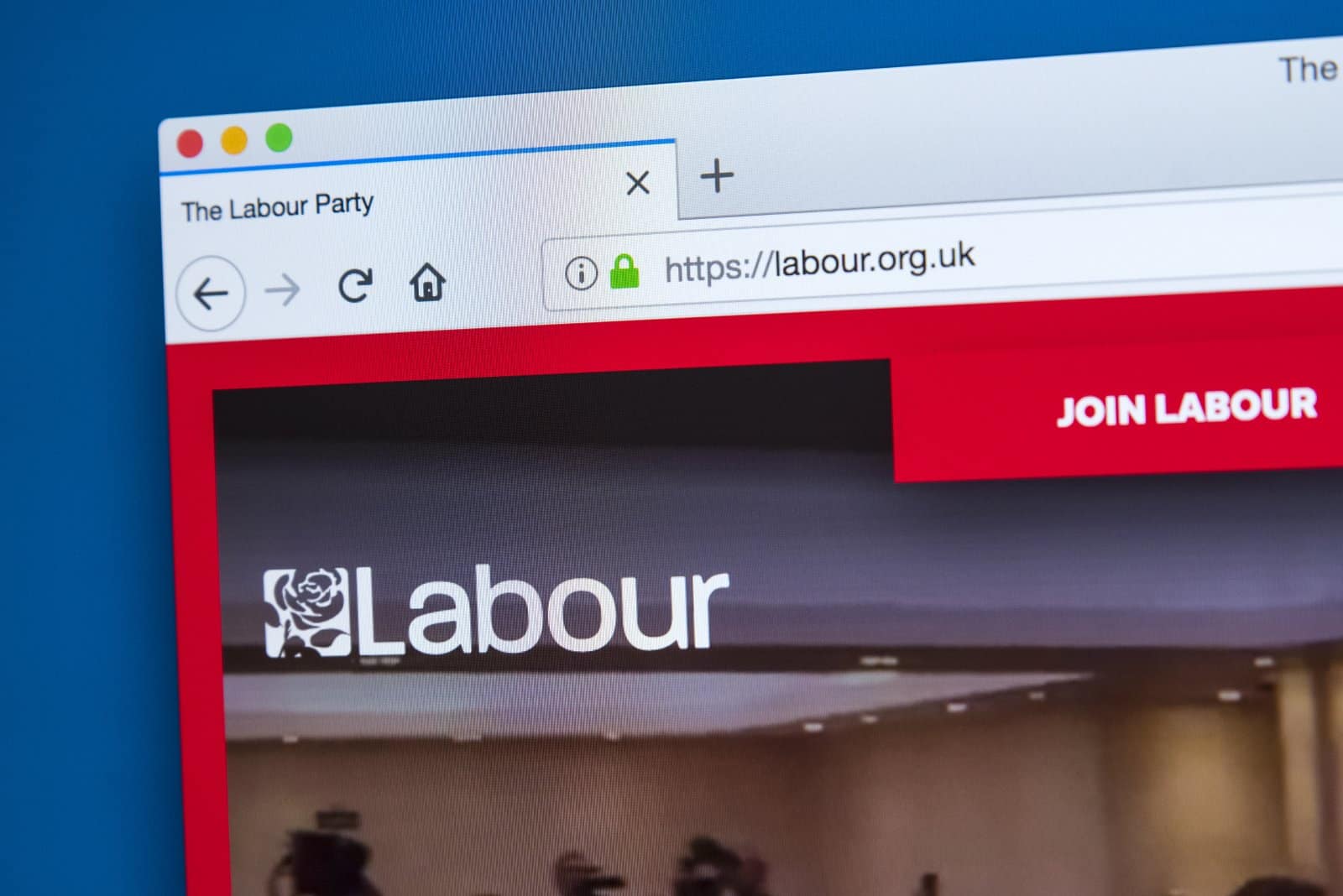
The recent polling from YouGov will be welcomed by the recently elected Labour government. The UK’s financial situation has worsened dramatically in recent months, further exacerbating the challenges facing the Chancellor as she prepares for her first Budget.
Surge in Government Borrowing
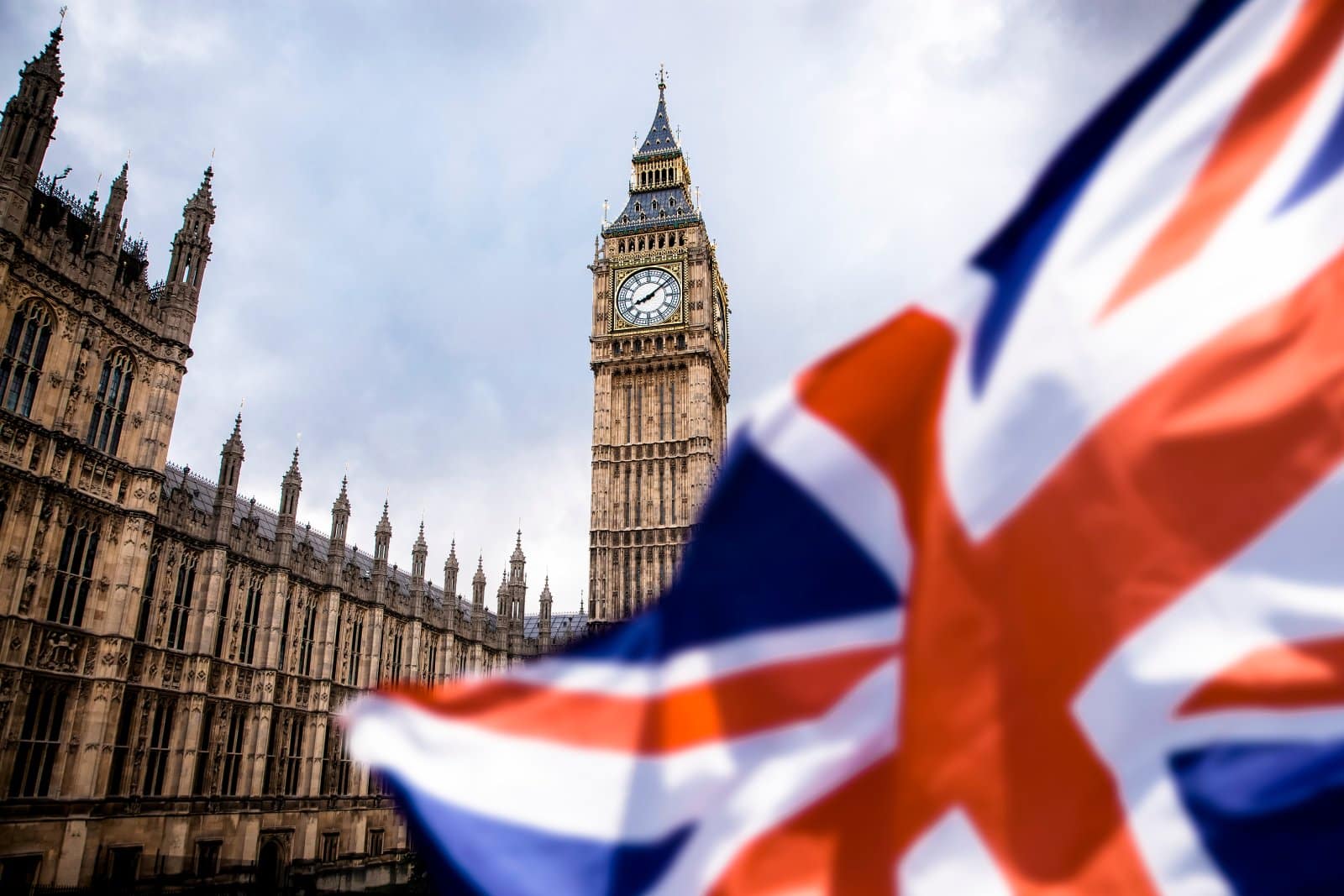
Government borrowing reached £3.1 billion in July, nearly double the amount from the same period last year, according to the Office for National Statistics (ONS). This surge in borrowing, driven by inflation-linked increases in benefits and pay rises for public sector workers, has left the public finances in a precarious position.
Dire Inheritance From Previous Government

Darren Jones, Chief Secretary to the Treasury, argued that the alarming figures were proof of the “dire inheritance left to us by the previous government,” adding, “A £22 billion black hole in the public finances this year, a decade of economic stagnation and public debt at its highest level since the 1960s, with taxpayers’ money being wasted on debt interest payments rather than on our public services.”
Tough Choices Ahead.
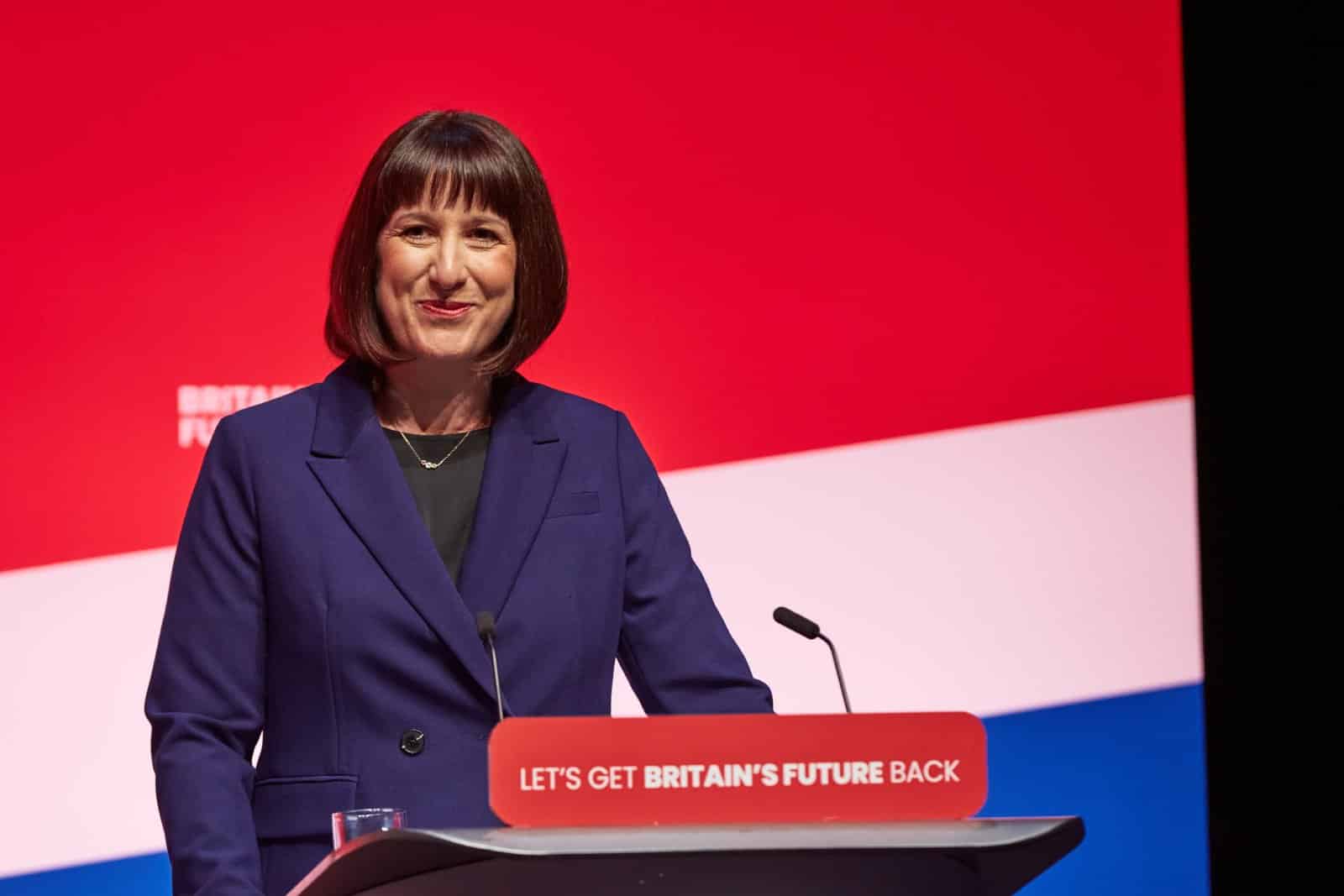
Following repeated warnings from Reeves that the country is facing tough choices regarding spending, welfare, and taxation, the public is bracing for increased taxes, which will follow a years-long cost-of-living crisis.
“Working People” Taxes Ruled Out
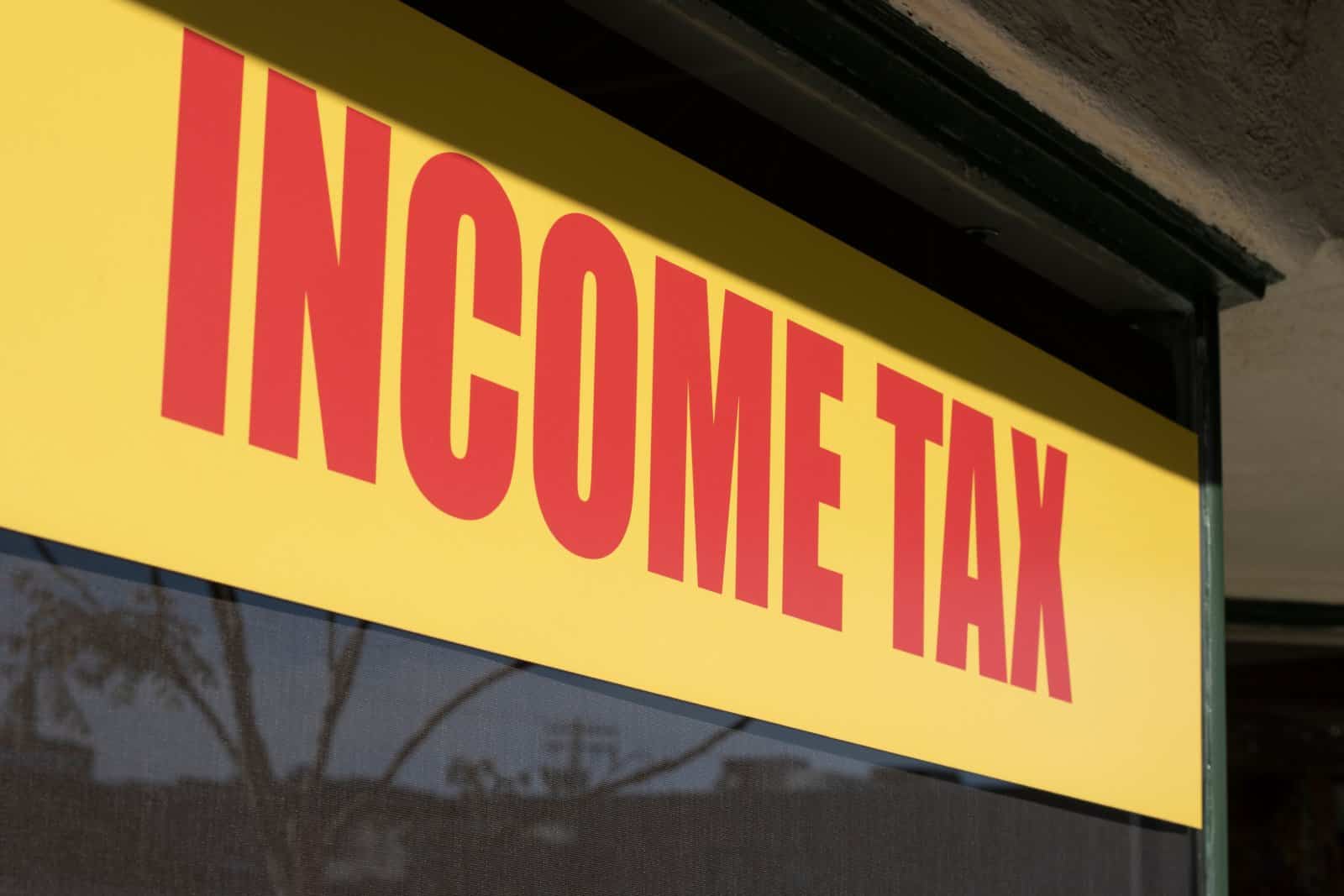
While the Chancellor has ruled out increasing taxes for “working people,” understood to mean income tax, national insurance, and VAT, she has avoided committing to specific plans regarding capital gains and inheritance taxes, which are paid primarily by the rich.
Raising Taxes Alone Insufficient
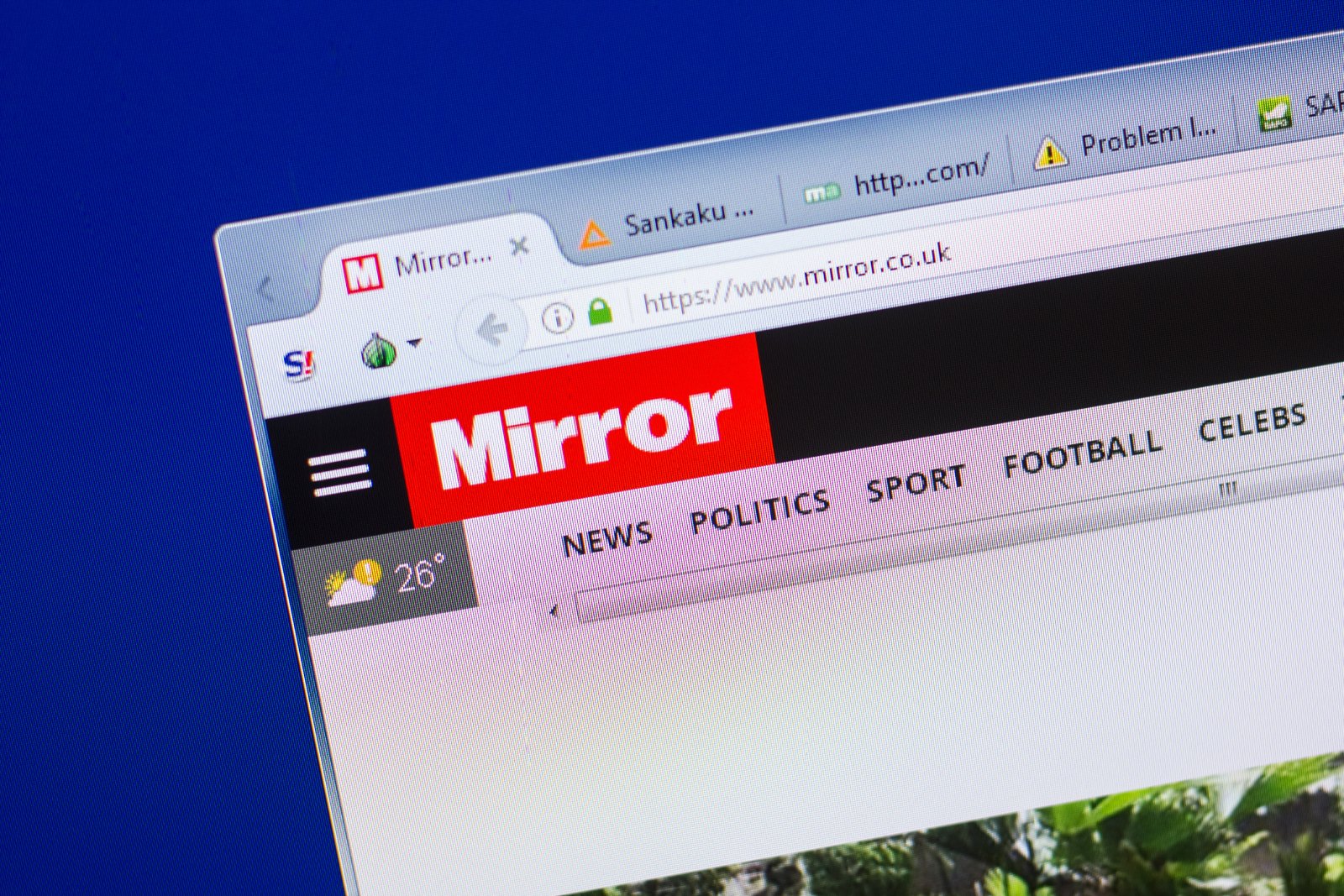
However, experts have noted that raising taxes alone may not be enough. Rob Wood, Chief UK Economist at Pantheon Macroeconomics, told The Mirror: “Rachel Reeves will likely have to raise taxes and borrow more in the medium term to cover spending more on public services.”
Borrowing Can Be Responsible
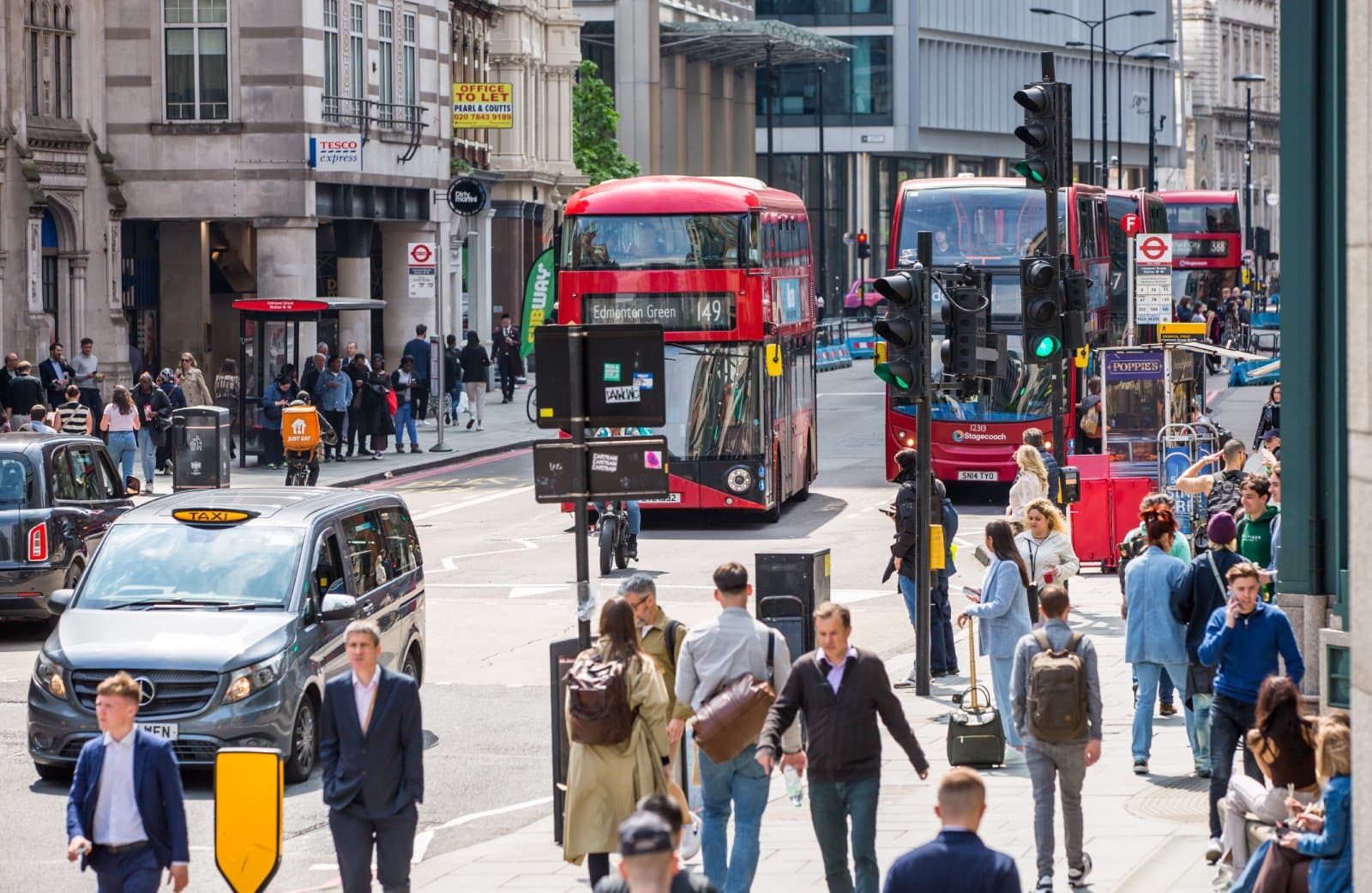
However, some economists support increased taxes and borrowing if it means improving public services. The New Economics Foundation think tank noted, “Borrowing doesn’t have to be scary. It’s responsible for government to borrow for investments which will improve our lives and benefit us all in the long run.”
Public Favour Tax Increases

Many in the public share these views. In early July, a study by the abrdn Financial Fairness Trust revealed that twice as many Britons supported tax increases to fund public services as those favouring tax cuts.
Willingness to Pay Higher Taxes
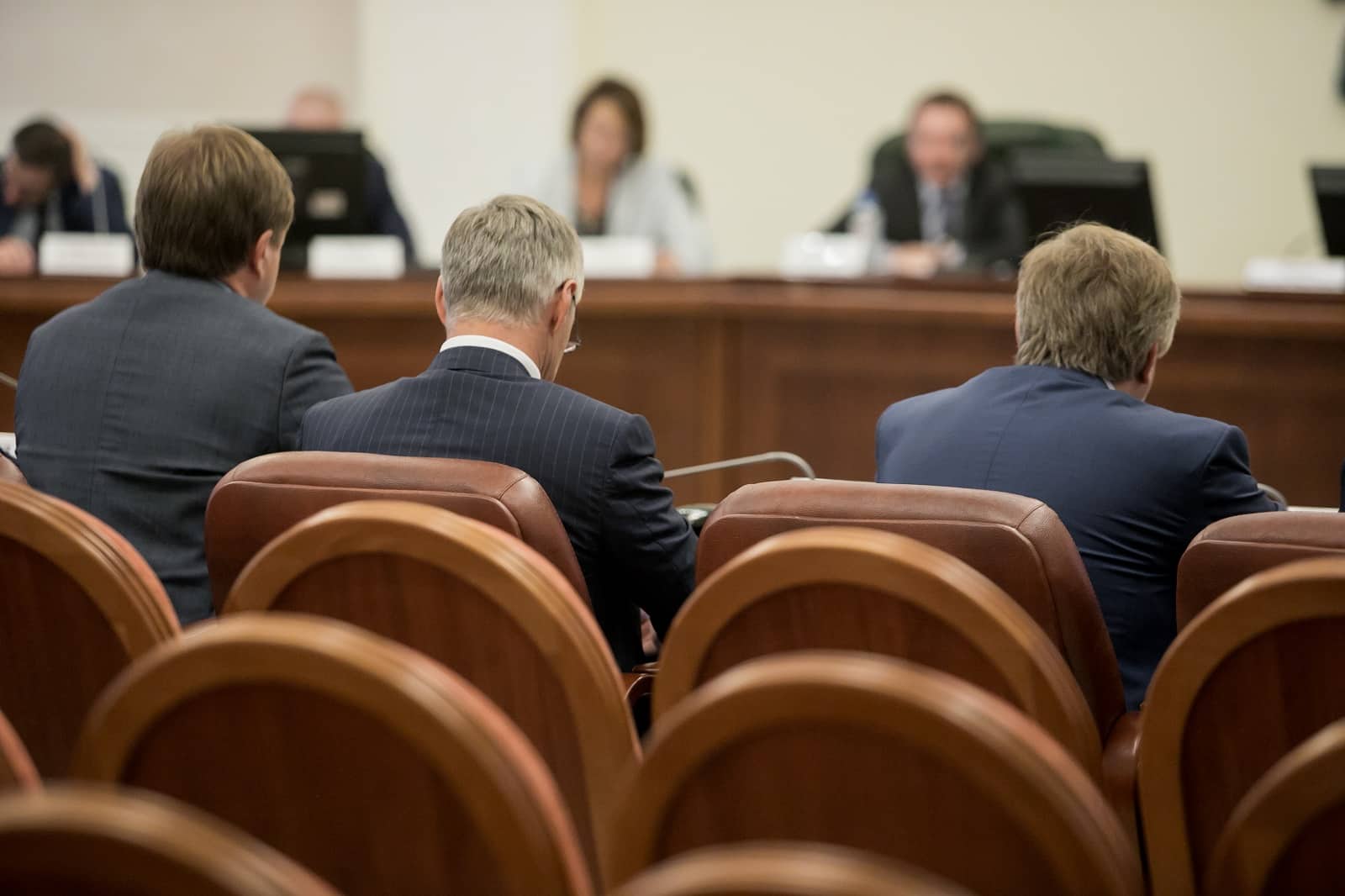
The study found that despite 39% of households experiencing severe financial difficulties, a significant % of the population, 56%, is willing to accept higher taxes to maintain and improve public services.
Public Backs Tax Rises

In June, Mubin Haq, Chief Executive of the trust, told the Guardian, “There is a massive gap on what’s needed and what money is available. That is why the public backs these tax rises, because they would rather have that than even more deterioration of public services.”
Financial Strain on Households

Despite the widespread support for tax increases, the study also highlighted the financial strain on UK households, with the number of households classified as being in financial distress has risen by 2.9 million since 2019.
Prioritising Common Good
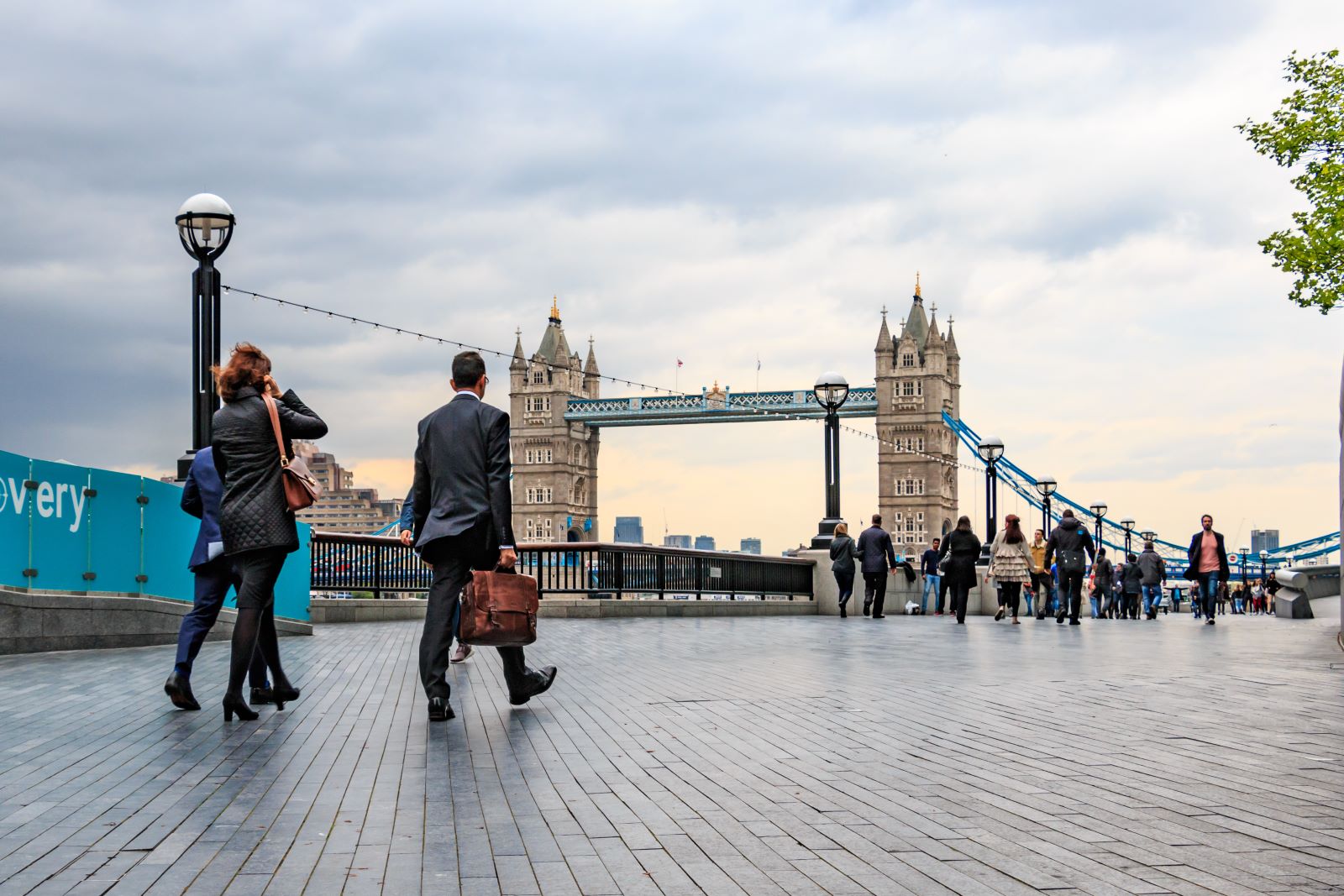
Despite nearly two in five households facing significant economic challenges, about a third of those surveyed indicated they would be willing to see their taxes rise if it meant improvements in areas such as childcare, energy costs for low-income households, and child benefits.
UK at a Crossroads

This willingness to prioritise the common good over individual financial interests suggests that the British public is increasingly aware of the broader societal benefits of a well-funded public sector, even if it means higher personal costs.
Serious Economic Challenges
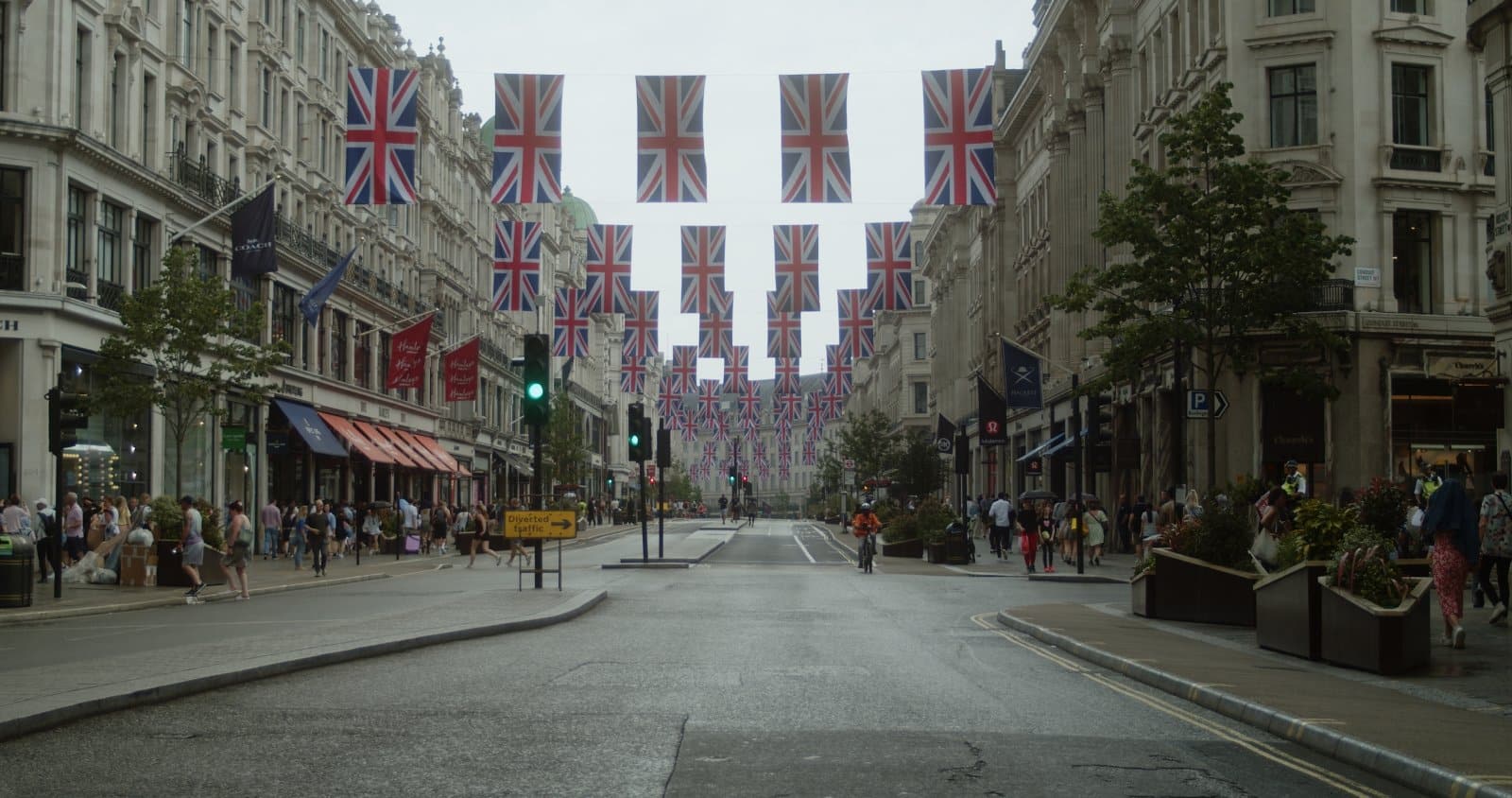
With the Budget fast approaching, the UK stands at a crossroads. With public support increasingly favouring higher taxes on the wealthy and a strong commitment to maintaining public services, the government faces an opportunity to rebuild public services that have been pushed to breaking point despite the serious economic challenges facing Chancellor Rachel Reeves.
Will the Rich Be Prioritised?
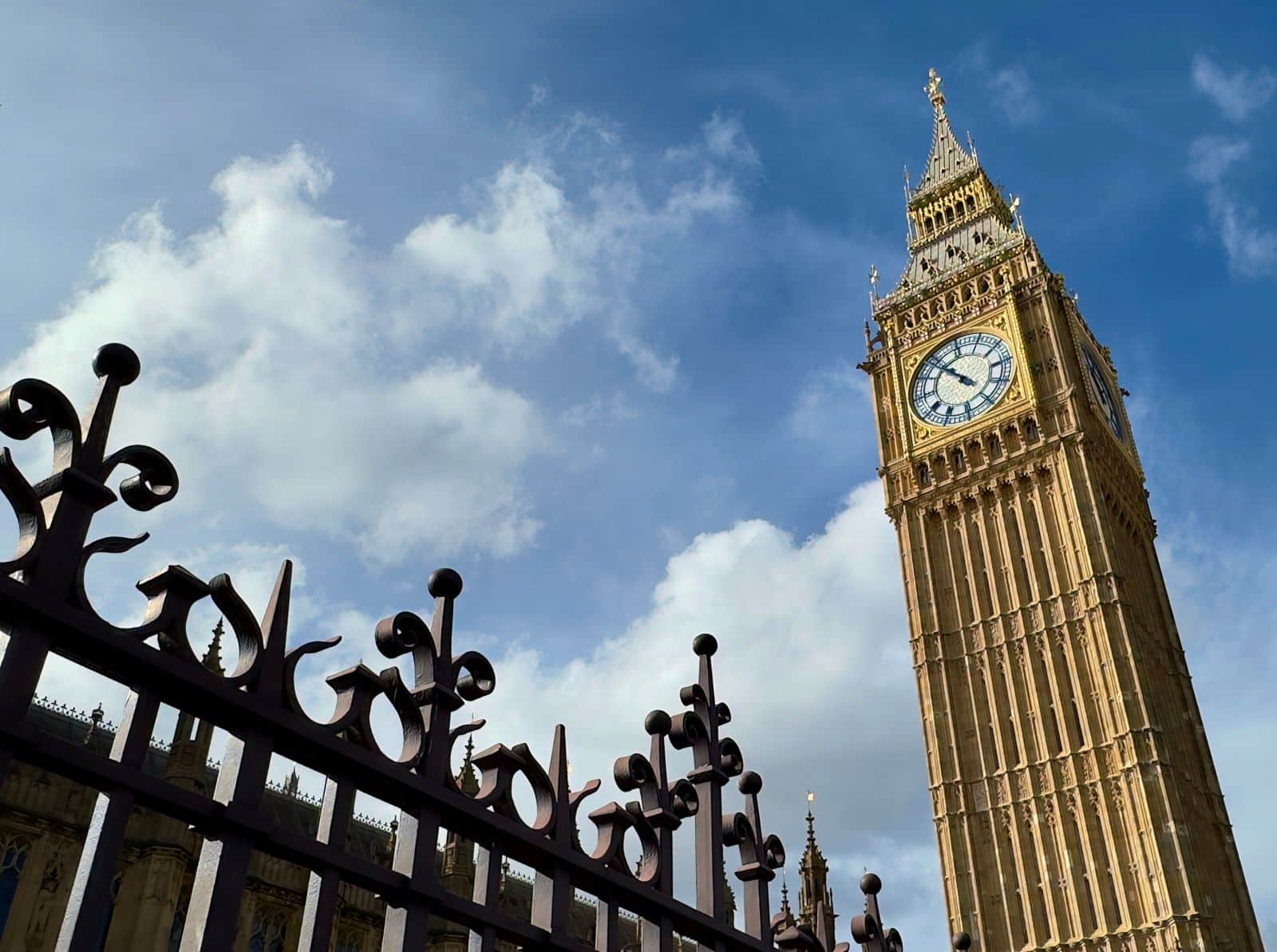
However, it remains to be seen whether the Chancellor will, in stark contrast to the last 14 years of Conservative Chancellors, be willing to put the well-being of all British citizens ahead of the mercurial wants of the rich and powerful.
The Great Escape: Wealthy Brits Flee to Dodge Labour Taxes
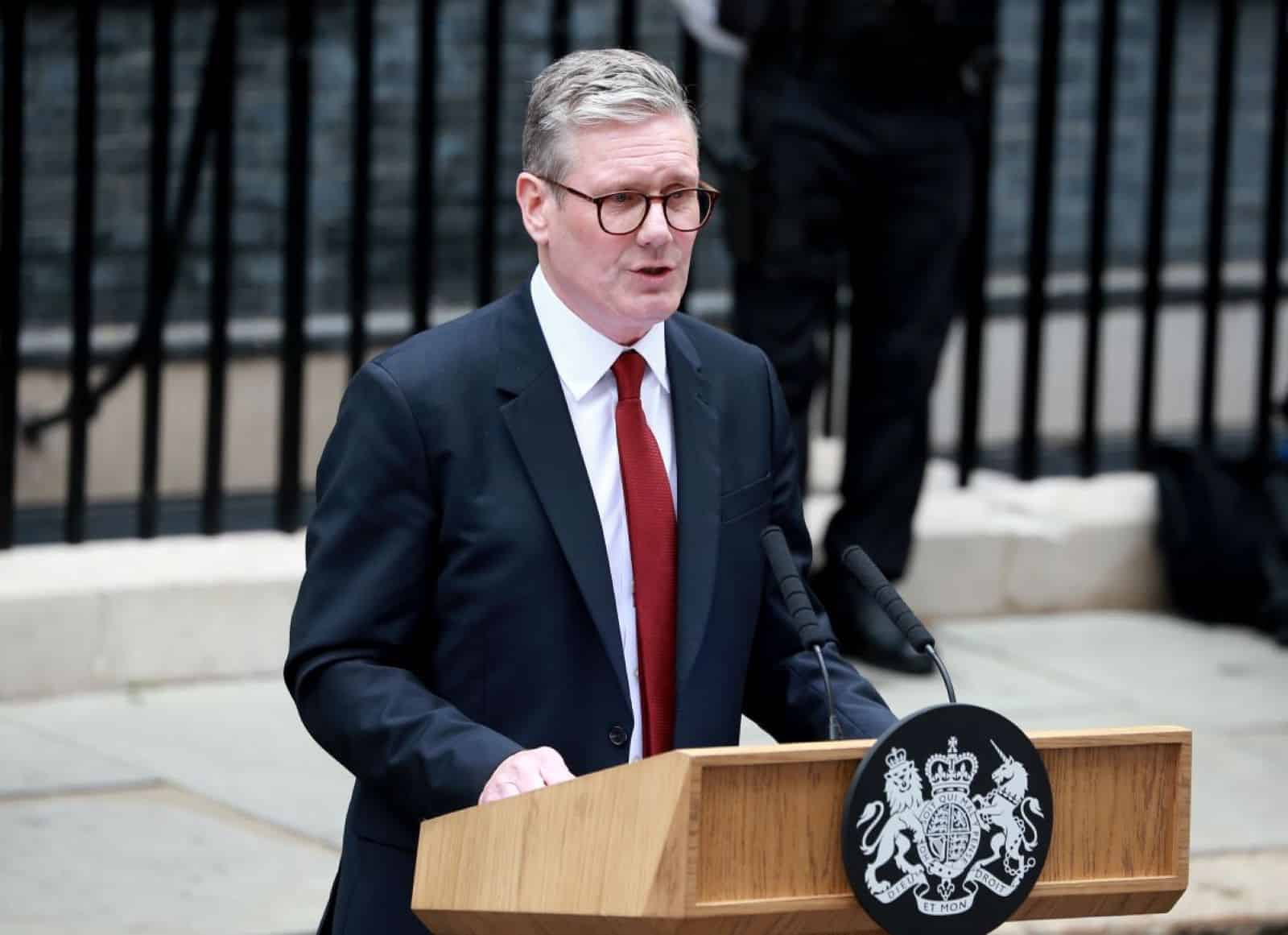
As the UK prepares for potential tax reforms, the wealthy flee in droves to avoid paying their fair share, sparking a contentious debate over tax avoidance and economic unfairness. Here’s the full story. The Great Escape: Wealthy Brits Flee to Dodge Labour Taxes
20 Signs Millennials Are Rejecting the UK’s Woke Culture

Are Millennials across the UK starting to question the pervasive ‘woke’ culture? As they navigate an increasingly complex social and economic landscape, many are seeking more practical, nuanced approaches. 20 Signs Millennials Are Rejecting the UK’s Woke Culture
New Era: Labour Enforces Strict Immigration Control With Deportations and Convictions

More than 40 criminals and migrants are sent back to Vietnam and Timor-Leste. It’s a victory as a UK-based criminal gang is sentenced. Here’s the story. New Era: Labour Enforces Strict Immigration Control With Deportations and Convictions
Featured Image Credit: Shutterstock / Jory Mundy.
The images used are for illustrative purposes only and may not represent the actual people or places mentioned in the article.

